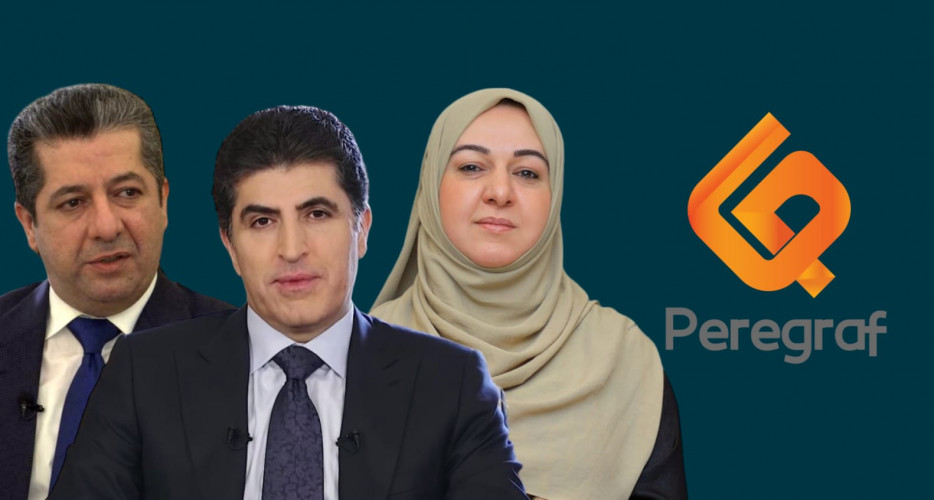'Information is democratic oxygen': Peregraf lawsuits pushing KRG to increase transparency

Peregraf- Farman Hamadamin
As a result of freedom of information lawsuits filed by Peregraf against the Kurdistan Region’s political leadership, the Kurdistan Regional Government (KRG) and the Kurdistan Parliament are issuing instructions to their departments to be more transparent with the media, according to journalism experts.
In June, Peregraf Editor-in-Chief Surkew Mohammed filed formal requests under the Right to Obtain Information Act (No. 11, 2013) requesting data about how the offices of Kurdistan Region President Nechirvan Barzani, KRG Prime Minister Masrour Barzani, and Kurdistan Parliament Speaker Rewaz Fayaq spend public funds.
After the three offices opted not to respond, Peregraf filed lawsuits to force them to release the information.
The cases are still working their way through the courts, but the new pressure to implement the Right to Obtain Information Act is already having an effect, observers told Peregraf.
Salma Fatih, head of the Kurdistan Parliament's Culture and Media Committee explained that draft implementation instructions for the law exist, but work to put them into practice was suspended in 2016.
Due to pressure from Peregraf’s lawsuits, however, that process has been revived, Fatih said.
"What Peregraf has done is a very good step and we are very grateful…I am sure that Peregraf will win the case if the trial process is conducted according to the law," she said.
At a recent press conference, Mona Yaqu, head of the Kurdistan Region’s Independent Human Rights Commission, confirmed that her department has "been asked by the KRG Council of Ministers to review the guidelines issued [by parliament’s human rights committee] to enforce the law and we have been told that some of these guidelines need to be amended."
She did not detail what changes had been requested by the cabinet.
Smko Abdul-Karim, head of the Erbil branch of the Kurdistan Journalists' Syndicate, said that the government’s failure to implement the law has been a persistent issue, arguing that "what Peregraf has done is really a huge step."
"One of our problems with media agencies and the courts has always been that a complaint must be filed and the law should be applied in order to pressure government institutions to deal with the problems that are taking place," he said.
But Abdul-Karim has observed that the KRG Council of Ministers has now asked the Ministry of Culture to provide the instructions for the law’s implementation in the wake of the lawsuits.
"If we had all done in the past what Peregraf has done and asked for our rights…the issue could have been resolved sooner and the law could have been implemented," he said.
Dr. Saman Fawzi, a university professor and expert in media law, said that the KRG has often celebrated the law in front of the international community, but then failed to adhere to its principles.
"It's time to talk seriously about the law," Fawz said. "From this point of view, every step towards implementing the law and revealing its shortcomings, as Peregraf has done, is a good step."
"The issue of returning of rights to the people by the courts is a serious question and the process must be accelerated," he added.
According to the Right to Obtain Information Act, everyone has the ability to request most government documents. Article 14 of the law makes exceptions for documents related to security and defense, those containing personal information, and those that would violate intellectual property.
"Every person needs information, not only journalists, but also researchers," Yaqu said, adding that she hopes that the law will be fully implemented soon. "From this point of view, we support this step by Peregraf."
The human rights chief also noted that according to Article 22 of the law, the information asked for by Peregraf should be released within 90 days of the request, as long as it is not covered by Article 14.
"There should be this kind of transparency," Yaqu said. "Information is democratic oxygen…there will be no democratic system if there is no information available to the people."